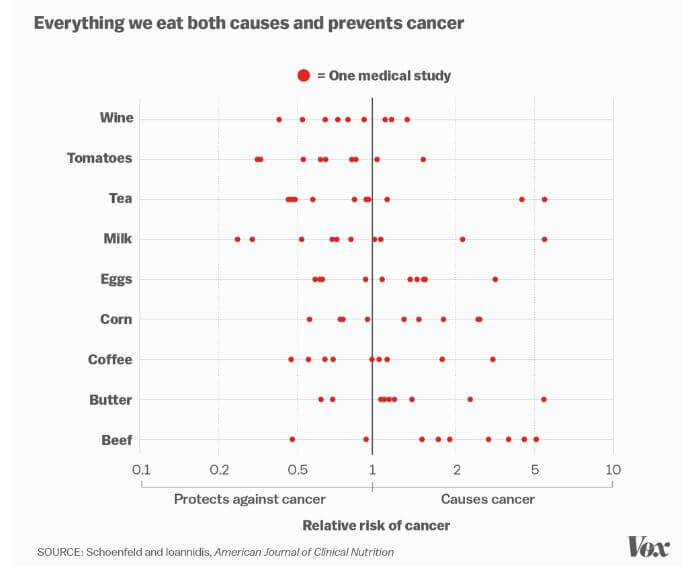The GLP aggregated and excerpted this blog/article to reflect the diversity of news, opinion and analysis.
The World Health Organization’s International Agency for Research on Cancer (IARC) says it doesn’t know if coffee causes cancer or not, a switch from 1991 when the agency said it did.
That is bad for people who want to trust IARC’s recommendations — because its reasons to reverse course on coffee are no more valid than its reason to have declared it possibly carcinogenic to humans (Group 2B) in the first place. And the coffee claims are no more valid than any other claims the agency has made about the hazards of common things.
Why would a respected body embrace environmental fan fiction rather than its own legacy of legitimate work? It has to do with how environmental groups have played the long game, and how in at least one instance they placed a key person inside IARC who never disclosed his conflict of interest to the public.
Want to show corn causes cancer? Easy. Want to show corn prevents cancer? Also easy.
Dr. John Ioannidis, a modern-day legend for injecting sanity into these discussions came up with this graph in the American Journal of Clinical Nutrition, reproduced here via Vox.
IARC has gotten increasingly more cultural and less scientific.
Read full, original post: IARC Reverses Course on Coffee, Which Should Worry People Who Care About Science































